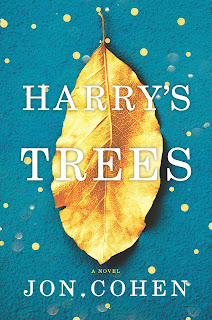Alison Hawthorne Deming (Science and Other Poems)
has compiled a collection of 90 poems that rings alarm bells, reminding
readers that the world is losing animals and their gifts at a
horrifying rate. The poems are written by a wide range of
contributors—some well-known, some relatively new. Some writers based their work on oral traditions.
With topics that range from praise to the future of
animals to companionship, the poets consider the grandeur of animal
life, the grief of impending loss, and hope for future generations.
Some
of the animals that are in peril are seen as protectors; in “Tecolote,”
Jose Hernandez Diaz expresses his thanks for owls, the “protector(s) of
the moon and sky.” While, arguing against the idea that snakes are
sinister and sly, Denise Levertov writes, “Come into animal presence. /
No man is so guileless as / the serpent.”
In nature, there are no hard
lines, and Nickole Brown’s “A Prayer To Talk to Animals” sums this up
beautifully, “Am I not an animal / too?”
A thought-provoking collection of poetic gems
that will inspire and remind readers of the importance of connecting
with the natural world.




